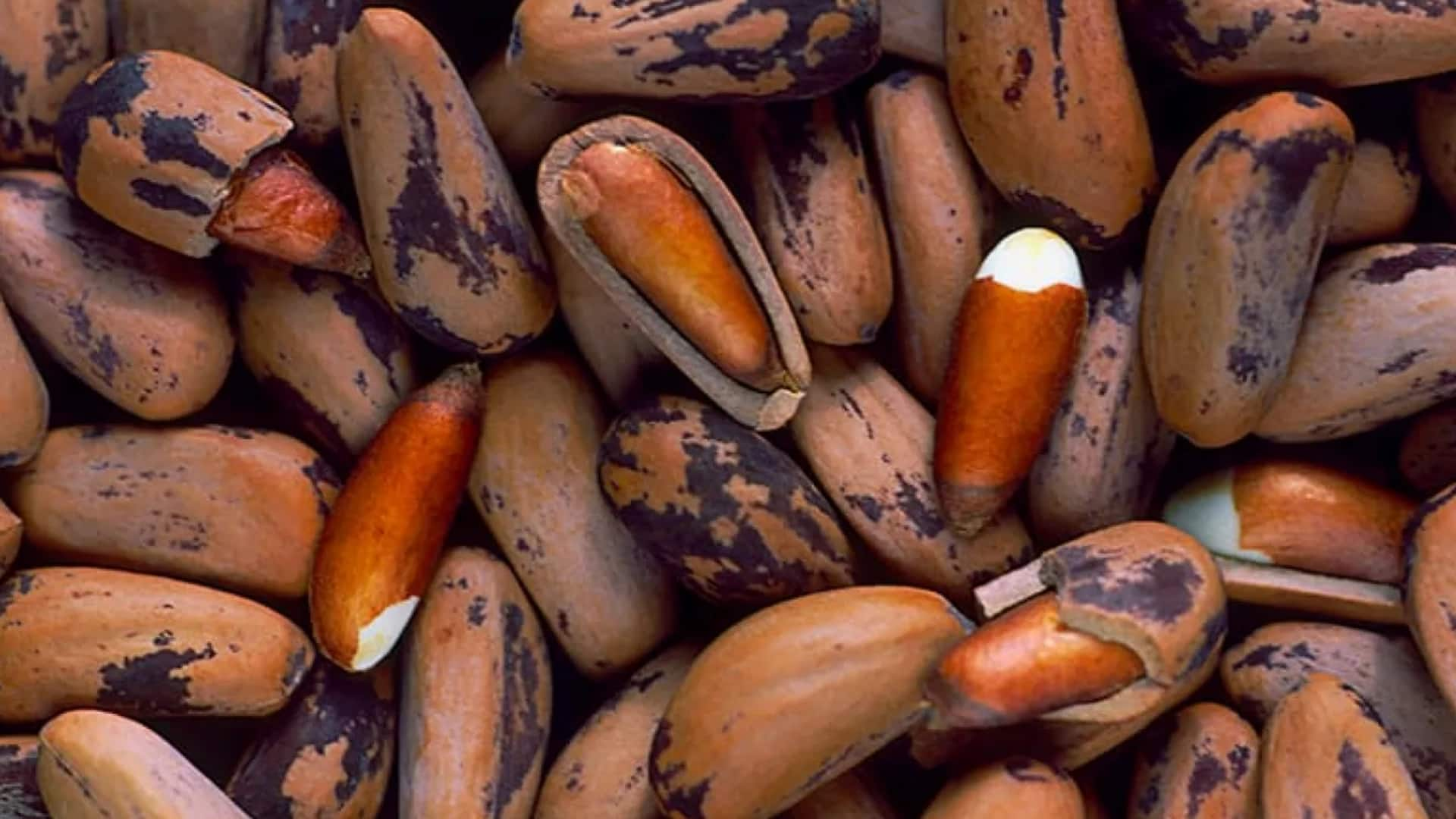
Pine nuts v/s pumpkin seeds: Which is healthier?
What's the story
Pine nuts and pumpkin seeds are two of the most popular options for nutritious snacking. Both provide unique health benefits, making them a staple in many diets. In this article, we will take a look at the nutritional profiles of these seeds, comparing their vitamins, minerals, and other essential nutrients. Knowing their differences could help you decide which seed might suit your diet better.
Protein levels
Protein content comparison
Both pine nuts and pumpkin seeds serve as a source of protein, a crucial nutrient for muscle repair and growth. Pumpkin seeds have roughly 19 grams of protein per 100 grams, while pine nuts have about 14 grams per the same quantity. Thus, the former makes a slightly better choice for anyone looking to boost their protein intake.
Healthy fats
Fatty acids breakdown
Both pine nuts and pumpkin seeds are loaded with healthy fats. Pine nuts have more monounsaturated fats, which are good for your heart. Meanwhile, pumpkin seeds have more polyunsaturated fats that are good for your brain and reduce inflammation. So the choice between them may depend on heart or brain health goals.
Vitamin E levels
Vitamin E content analysis
Both pine nuts and pumpkin seeds are rich in Vitamin E, a powerful antioxidant. Pine nuts have a higher amount of Vitamin E than pumpkin seeds. This vital nutrient plays a critical role in protecting cells from oxidative damage and strengthening the immune system. It highlights the importance of picking between these seeds based on their health benefits, particularly for those looking at cell protection and immune health.
Mineral content
Mineral richness evaluation
Pumpkin seeds are especially rich in magnesium, zinc, and iron—minerals essential for producing energy and supporting the immune system. Pine nuts also offer these minerals but in smaller quantities than pumpkin seeds. If you're looking for an extra boost of minerals, especially magnesium or zinc, pumpkin seeds might be the better option.
Calorie count
Caloric value insight
When it comes to caloric content, pine nuts are denser at around 673 calories per 100 grams as opposed to roughly 559 calories in the same quantity of pumpkin seeds. Those keeping a check on calories may choose pumpkin seeds as a lighter option, but still with nutritional benefits.